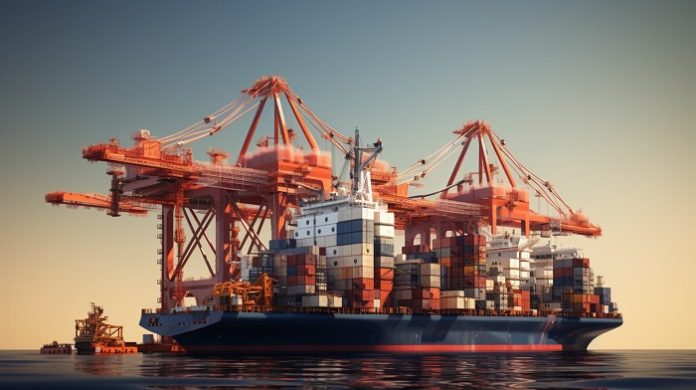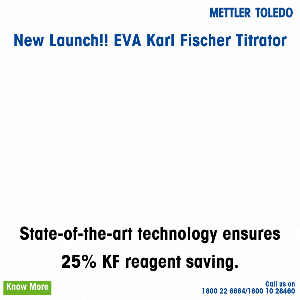India, Indonesia, and Turkey have voiced concerns regarding the European Union’s (EU) proposed regulation on waste shipments. Critics argue that the regulation, which applies to both hazardous waste and waste intended for recycling, may exceed the legitimate goals of environmental protection and could inadvertently disrupt international trade.
The issues were raised during the WTO committee on goods meeting. While the opposing countries acknowledged the EU’s right to protect public health and the environment from the risks associated with unregulated waste shipments, they contended that the measures should not unnecessarily obstruct international trade.
Since 2004, waste exports from the EU have surged by 72%, reaching 35 million tons annually in 2023. Nearly 49% of this waste is sent to non-OECD countries. The new regulation mandates that from May 21, 2027, EU waste exports to non-OECD countries will only be permitted if these countries notify the European Commission of their willingness to import and demonstrate their capacity to manage the waste sustainably.
In 2022, India was the second-largest recipient of EU waste, importing 3.5 million tons. Other major recipients included the United Kingdom (2.0 million tons), Switzerland (1.6 million tons), Norway (1.6 million tons), Egypt (1.6 million tons), Pakistan (1.2 million tons), Indonesia (1.1 million tons), Morocco, and the United States (both 0.8 million tons). Turkey was the largest importer, bringing in 12.4 million tons.
At the WTO meeting, Indonesia urged for more intensive communication and transparency regarding the regulation. They emphasized the need to minimize barriers for countries that seek to use imported waste as raw materials and to avoid excessive administrative and certification requirements.
In response, the EU stated that the regulation includes measures to ensure that the conditions for waste imported by other countries are broadly equivalent to those in the EU. The EU clarified that while full compliance with EU laws is not required, the goal is to ensure that the environmental protections in importing countries are comparable to those in the EU.
As reported by thehindubusinessline.com, the EU also expressed willingness to consider feedback from other nations and to provide practical guidance on adhering to the new waste shipment regulations.
































